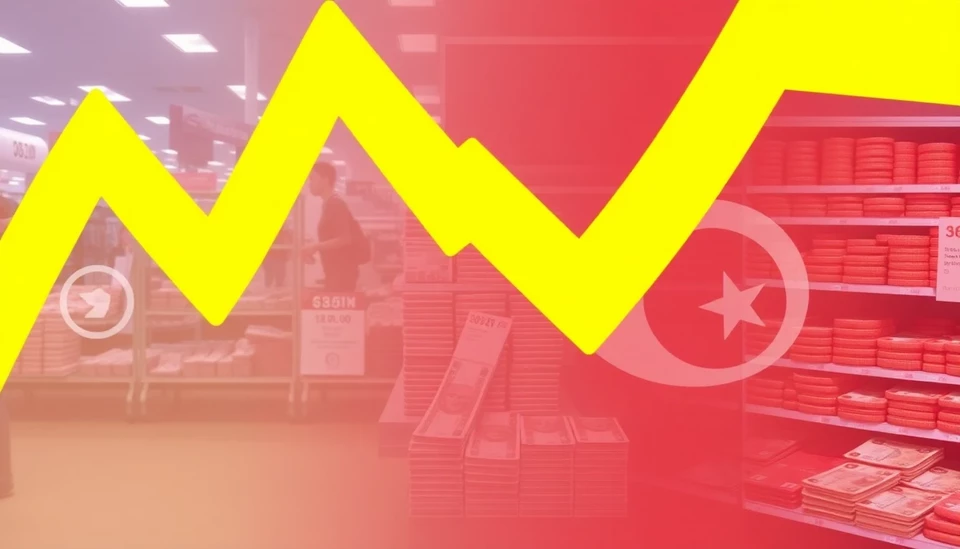
In a surprising turn of events, Turkey's inflation rate experienced a noteworthy deceleration in December 2024, easing more than what economists had projected. This marks a pivotal moment for the country's economic landscape, which has been characterized by relentless price hikes this past year.
The latest data revealed that the annual inflation rate dropped to 65.6%, down from 70.4% in November. Analysts had anticipated a slower decrease, estimating the inflation figure to hover around 67%. This unexpected dip offers a glimmer of hope for consumers and policymakers alike, especially as the nation grapples with the ongoing repercussions of past economic turmoil.
One of the contributing factors to this decline is attributed to the recent stabilization of the Turkish lira. Following a series of aggressive interest rate hikes instituted by the Central Bank of the Republic of Turkey (CBRT), the currency’s value has begun to recover from its previous lows. Consequently, a stronger lira has helped mitigate the costs of imported goods, which is crucial in a country heavily reliant on imports for both raw materials and consumer products.
In addition to currency stabilization, there are indications that demand for goods and services has softened amid growing economic uncertainty, leading to less upward pressure on prices. As consumers adapt to a challenging financial environment, companies are becoming more cautious with pricing strategies, contributing to this recent easing of inflation.
The decline in inflation could have critical implications for monetary policy. Many analysts forecast that the CBRT may consider adjusting its interest rates in light of these improvements. The central bank has previously maintained a stringent stance in response to soaring inflation rates, but with inflation appearing to trend downwards, there may be room for policy shifts aimed at fostering economic growth.
However, uncertainty still looms over Turkey's economy as geopolitical tensions and domestic challenges remain prevalent. Analysts caution against complacency despite the positive news; the global economic landscape, coupled with domestic issues, could once again affect the inflation trajectory in the upcoming months.
As Turkey enters a new year, all eyes will be on how these changes influence not only inflation but also overall economic stability in the country. For consumers, the recent slowdown in inflation offers a glimmer of hope for alleviating some of the financial strain that has characterized their experiences over the last year. This development could pave the way for improved purchasing power if maintained, enabling households to navigate their budgets with slightly more ease as the economy starts to stabilize.
In summary, the unexpected easing of Turkey’s inflation rate in December holds promise for both consumers and policymakers, setting the stage for potential shifts in monetary policy amid cautious optimism for the year ahead.
#Turkey #Inflation #EconomicGrowth #CentralBank #CurrencyStabilization #ConsumerProtection
Author: Rachel Greene




